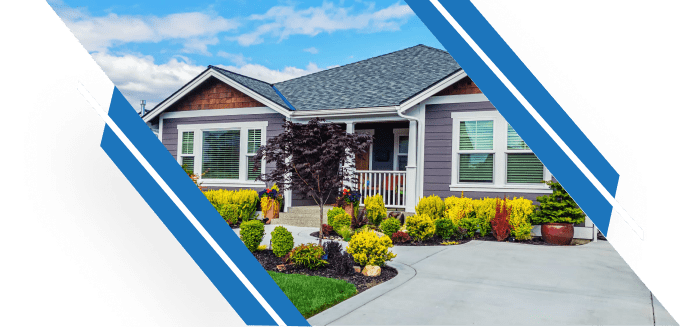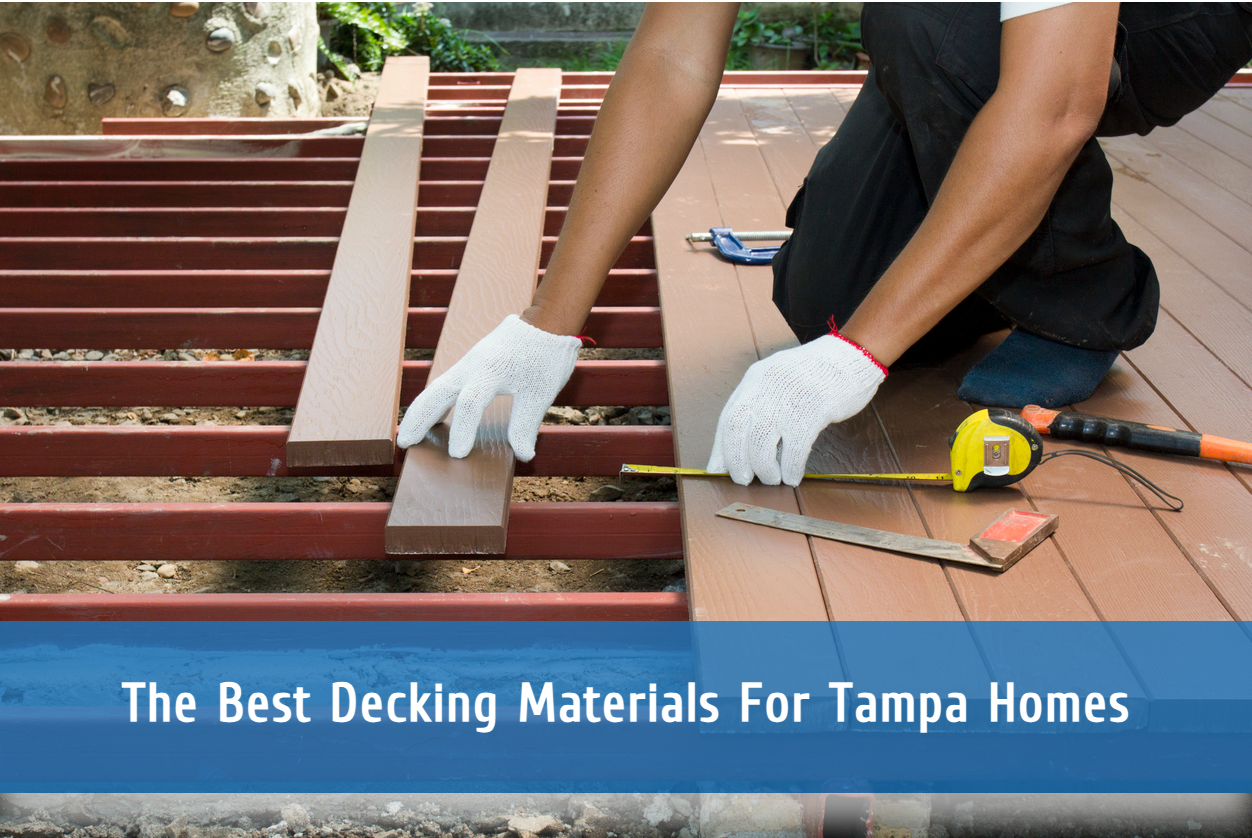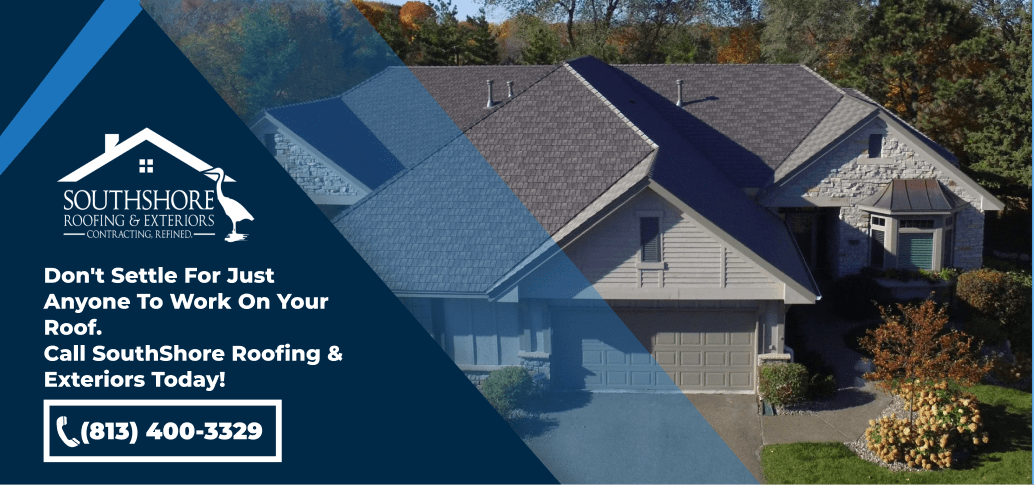While Tampa weather provides an opportune environment for entertaining people outside on your deck, you must have a decking material that can withstand the heat and humidity. That’s what makes composite, wood, and PVC decks some of the most popular decking materials in Tampa.
In this blog post, we’ll describe the different types of decking materials you can have in Tampa, and compare them in terms of durability, maintenance, and cost so you can consider the right option for your needs.
How Tampa Weather Affects Decking Materials
When choosing decking materials for a home in Tampa, it’s crucial to understand the unique climate conditions of the area and how they can affect different materials. Tampa’s climate is characterized by its hot, humid summers, frequent rain, and the occasional threat of hurricanes. Each of these factors plays a significant role in determining the most suitable decking material for durability and longevity.
A. Hot, Humid Summers:
Heat Resistance: Tampa’s summer temperatures can soar, making it important to choose decking materials that do not warp or degrade under intense heat. Materials should be able to withstand prolonged exposure to sunlight without fading or becoming uncomfortably hot to the touch.
Humidity Tolerance: With high humidity levels, materials susceptible to mold, mildew, or rot need extra consideration. The decking material should be resistant to moisture and able to maintain its integrity without warping or swelling.
B. Frequent Rain and Occasional Hurricanes:
Water Resistance: Tampa experiences a significant amount of rainfall, especially during the summer and early fall. Decking materials must be able to resist water damage, including rot, swelling, and mold. Proper drainage and quick-dry capabilities are also important to prevent standing water and associated problems.
Wind and Impact Resistance: Though hurricanes may not hit Tampa directly every year, the possibility of high winds and flying debris during storm season means decking materials should be sturdy enough to handle these conditions. This includes secure fastening systems and resistance to impact.
Different Types Of Decking Materials
There are many different types of decking materials available on the market, each with its own unique advantages and disadvantages. The best decking material for your project will depend on a variety of factors, including your budget, the desired appearance, and the climate in which you live.
Some of the most popular decking materials include:
- Wood
- Composite
- PVC
Composite decking material is made from a combination of wood and plastic, and it is a durable and low-maintenance option. Wood decking is a traditional choice that offers a natural look, but it requires more maintenance than composite decking. PVC decking is a synthetic material that is durable and low-maintenance, but it can be more expensive than other decking materials.
To make it easier, here is a table comparing the three most popular decking materials in Tampa:
| Decking Material | Durability | Maintenance | Cost |
| Composite | High | Low | Moderate |
| Wood | Medium | Medium | Low |
| PVC | High | Low | High |
Ultimately, the best decking material for Tampa homeowners is the one that best meets your needs and budget.
The Pros and Cons of Each Material
When considering decking materials for homes in Tampa, Florida, it’s important to weigh the pros and cons of the popular options. Each material responds differently to the hot, humid climate, frequent rain, and potential for severe weather in the area. Here’s a breakdown of the advantages and disadvantages of each:
Wood Decking
Pros:
- Natural Beauty: Wood provides a natural, classic appearance that many find appealing.
- Customizable: It can be stained or painted in a variety of colors.
- Heat Resistance: Certain types of wood don’t retain as much heat, making them more comfortable to walk on while barefoot in sunny conditions.
- Cost-Effective: The initial costs for certain types of wood are cheaper compared to synthetic options.
Cons:
- High Maintenance: Requires regular staining, sealing, and waterproofing to protect against rot, insect damage, and weathering.
- Susceptible to Weathering: Tampa’s humid climate can lead to mold, mildew, and rot without proper upkeep.
- Can Warp or Split: Over time, wood may warp or split, especially if it’s not properly maintained.
- Lifespan: Even with good maintenance, wood generally has a shorter lifespan than synthetic options.
PVC Decking
Pros:
- High Durability: PVC is resistant to moisture, decay, insects, and mold, making it a good choice for the humid, wet climate of Tampa.
- Low Maintenance: Doesn’t require staining, painting, or sealing.
- Cooler Surface: Generally remains cooler than composite and wood, which is beneficial in hot climates.
- Longevity: Typically lasts longer than wood, maintaining its color and structural integrity over time.
Cons:
- Cost: Higher upfront cost compared to wood decking.
- Less Natural Look: Some don’t like that PVC lacks the natural look and feel of wood.
- Potential for Expansion and Contraction: PVC can expand and contract with temperature changes, which may require specific installation techniques or additional maintenance.
- Can Become Slippery When Wet: PVC decks tend to become slippery in the rain, a consideration for Tampa weather.
Composite Decking
Pros:
- Durability: Composite materials are resistant to rot, insects, and moisture, making them suitable for Tampa’s climate.
- Low Maintenance: Requires no staining, sealing, or painting and is easy to clean.
- Aesthetic Variety: Comes in a range of colors and textures, some of which closely mimic the look of natural wood.
- Beneficial Long-Term Investment: Though more expensive upfront, the low maintenance can make it more cost-effective over time.
Cons:
- Heat Retention: Can get quite hot in direct sunlight, making it uncomfortable to walk on.
- Weight: Heavier than wood, which might affect installation and support requirements.
- Possible Fading: Some types of composite decking may fade over time due to UV exposure.
How To Choose The Right Decking Material
When choosing a decking material for your project, there are a few factors to consider when making your decision:
- Durability: The strength of your decking material is important, especially if you live in a climate with extreme weather conditions. Wood decking is a popular choice for its natural beauty and affordability, but it is not as durable as composite or PVC decking. Composite and PVC decking are both made from synthetic materials that are resistant to water, rot, and pests.
- Cost: Budget is important to many people. Wood decking is the most affordable option, while composite and PVC decking are more expensive. However, you may save money in the long run by choosing a more durable material that requires less maintenance.
- Appearance: If your deck is a focal point of your backyard, you’ll want one that look good. Wood decking has a natural, rustic look that many people prefer. However, many also like the variety of colors and styles that composite and PVC decking come in.
- Maintenance: Many homeowners do not want to spend a considerable amount of time maintaining their decks. Wood decking requires regular staining or sealing to protect it from the elements, so it may not be a good option for a busy homeowner. Composite and PVC decking are both low-maintenance options that only need to be cleaned occasionally.
How To Maintain Your Deck
Your deck is typically very durable, but it does require some maintenance to keep it looking its best. Here are a few tips for maintaining your decking:
- Sweep or hose down your deck regularly to remove dirt, debris, and leaves.
- Spot-clean any stains with a mild detergent and water.
- If your deck is made of wood, apply a sealant or stain every few years to protect it from the elements.
- If your deck is made of composite or PVC, you may not need to seal it as often but you should still clean it regularly to remove dirt and debris.
Common Deck Problems And How To Fix Them
Regardless of the type of decking material you have, some common problems can occur with your deck in Tampa.
Squeaky Decking
Squeaky decking is often caused by loose or uneven boards. To fix this problem, you can tighten the screws or nails that hold the boards in place, or you can add shims under the boards to level them out.
Cupping or Warping Boards
Moisture is to blame for decking boards becoming warped or cupping. To fix this problem, you can try to remove the moisture from the boards by using a dehumidifier or by sealing the boards with a water-resistant sealant. If the boards are too badly damaged, you may need to replace them.
Splitting Boards
Splitting boards is often caused by stress or impact. To fix this problem, you can try to repair the split board with a wood filler or epoxy. If the split is too large, you may need to replace the board.
Deck Installation in Tampa, FL
Make the most of your home by ensuring your deck is in pristine condition and ready to entertain guests for years to come. If you’re looking for a contractor to help with all your home decking needs, including the selection of decking material for your home, give our team at SouthShore Roofing & Exteriors a call today!
Give us a call at (813) 400-3329, to speak with one of our experts and learn more about our professional deck installation services.




